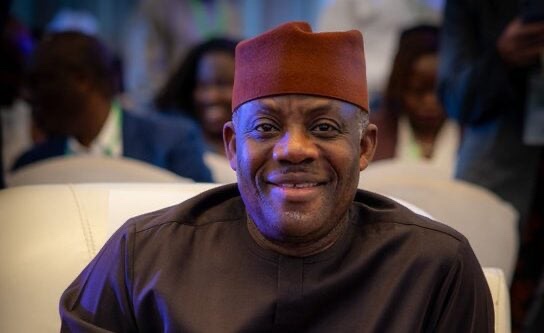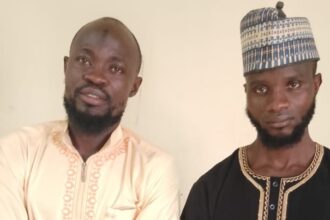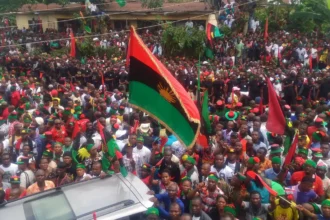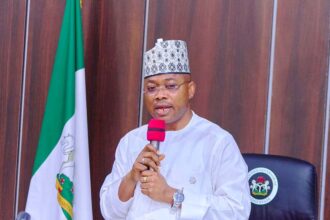Minister of Education, Tunji Alausa, announced on Tuesday that the federal government has launched the Federal Tertiary Institution Governance and Transparency Dashboard to promote transparency and accountability in the education sector. The new dashboard is designed for public tertiary institutions—universities, polytechnics, and colleges of education—that receive nearly full funding from the federal government, ensuring they are held accountable for how funds are managed.
Alausa made this known while speaking with State House correspondents after meeting President Bola Tinubu at the Presidential Villa, Abuja. He also assured that the Tinubu administration is engaging with all unions in federal tertiary institutions to end the recurring cycle of strikes. “This is what this government stands for. President Bola Tinubu’s administration is committed to deepening governance and transparency processes in our country. Over the past 26 months, we’ve made significant progress,” he said.
He added that the initiative will soon be extended to all tertiary institutions across the country, including state and private universities, polytechnics, and colleges of education. “We will enforce compliance using our regulatory bodies — the National Universities Commission (NUC), the National Board for Technical Education (NBTE), and the National Commission for Colleges of Education (NCCE),” he explained.
According to the minister, the Ministry of Education also invited Adebowale Adeokun, the Director-General of the Bureau of Public Procurement (BPP), to brief heads of tertiary institutions on procurement standards and ensure strict compliance with public procurement laws. “That’s part of our effort to strengthen governance and transparency in the system,” Alausa noted.On the issue of the Academic Staff Union of Universities (ASUU) strike, he stated that the President has made it clear that he does not want further disruptions in the academic calendar.
“The President has instructed us to do everything possible to keep students in school. The last strike, which lasted about six days, was unnecessary. We’re in talks with them, and most of their demands have been addressed,” he said. He revealed that discussions with the union are ongoing and that part of his visit to the Villa was to brief the President on progress and seek additional support.
“In education, we are leveraging the President’s strong commitment to human capital development, which includes health, education, and social protection. Beyond that, he’s driving economic reforms—removing fuel subsidies, stabilizing foreign exchange, expanding infrastructure, and promoting growth. Our GDP reached 4.23% in the last quarter. Nigeria is back on track,” Alausa said.
He acknowledged that in the past, the Ministry of Education worsened union issues by negotiating separately with different groups. “Previously, we had one committee for universities (ASUU), another for polytechnics (ASUP), and another for colleges of education (COEASU), and they weren’t coordinating,” he explained. “To correct this, we now have a single negotiation committee chaired by Alhaji Yayale Ahmed, representing the federal government in talks with all tertiary institutions. The committee handles both academic and non-academic unions — ASUU, ASUP, COEASU — ensuring unified dialogue,” he added.
Alausa assured that the government is in constant communication with the unions and that there is no cause for alarm. “I spoke with the ASUP president yesterday. Everything is calm. They understand that this is a listening government, and we’re committed to resolving their concerns,” he said.
Source: https://www.google.com/amp/s/businessday.ng/











